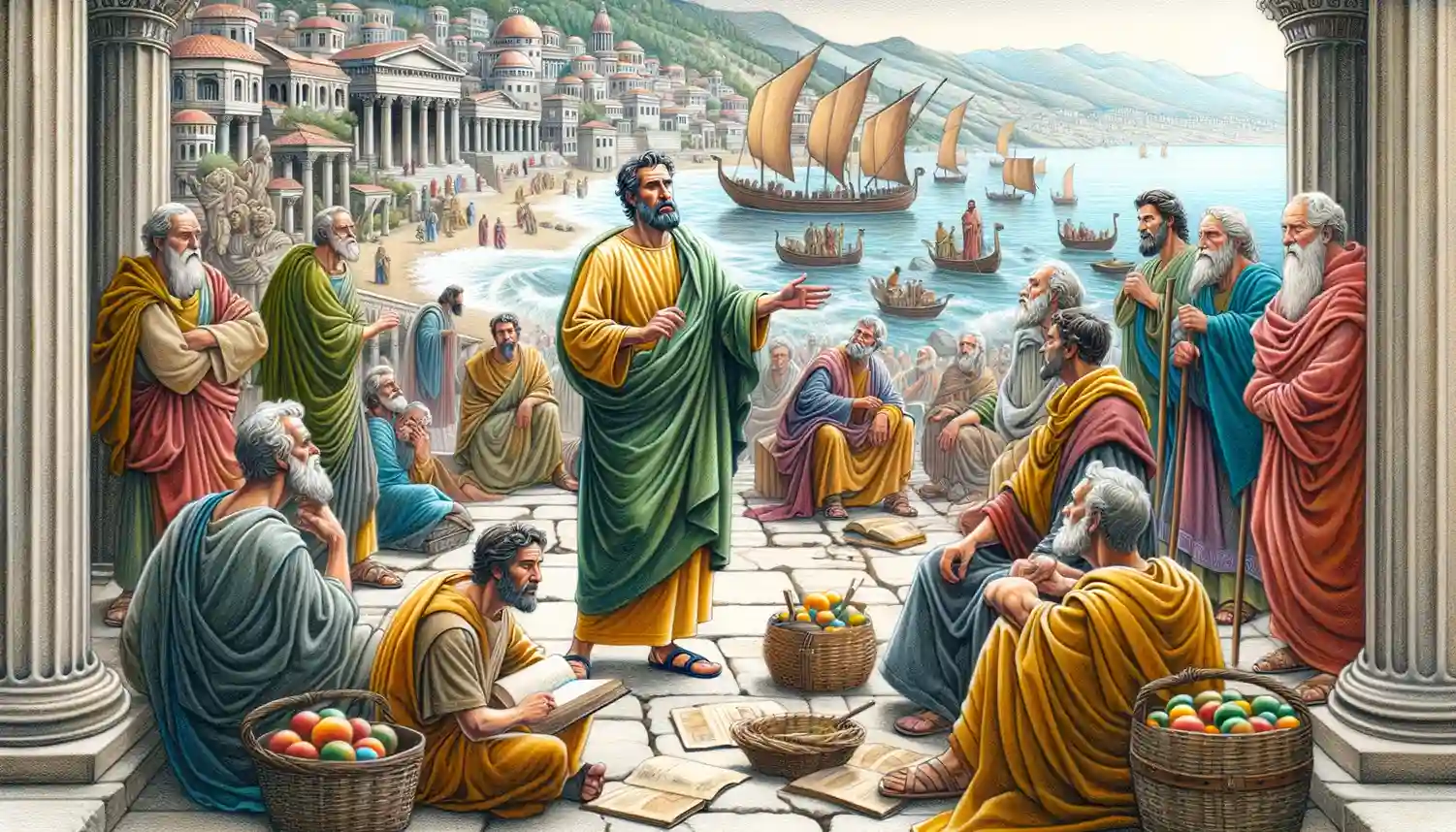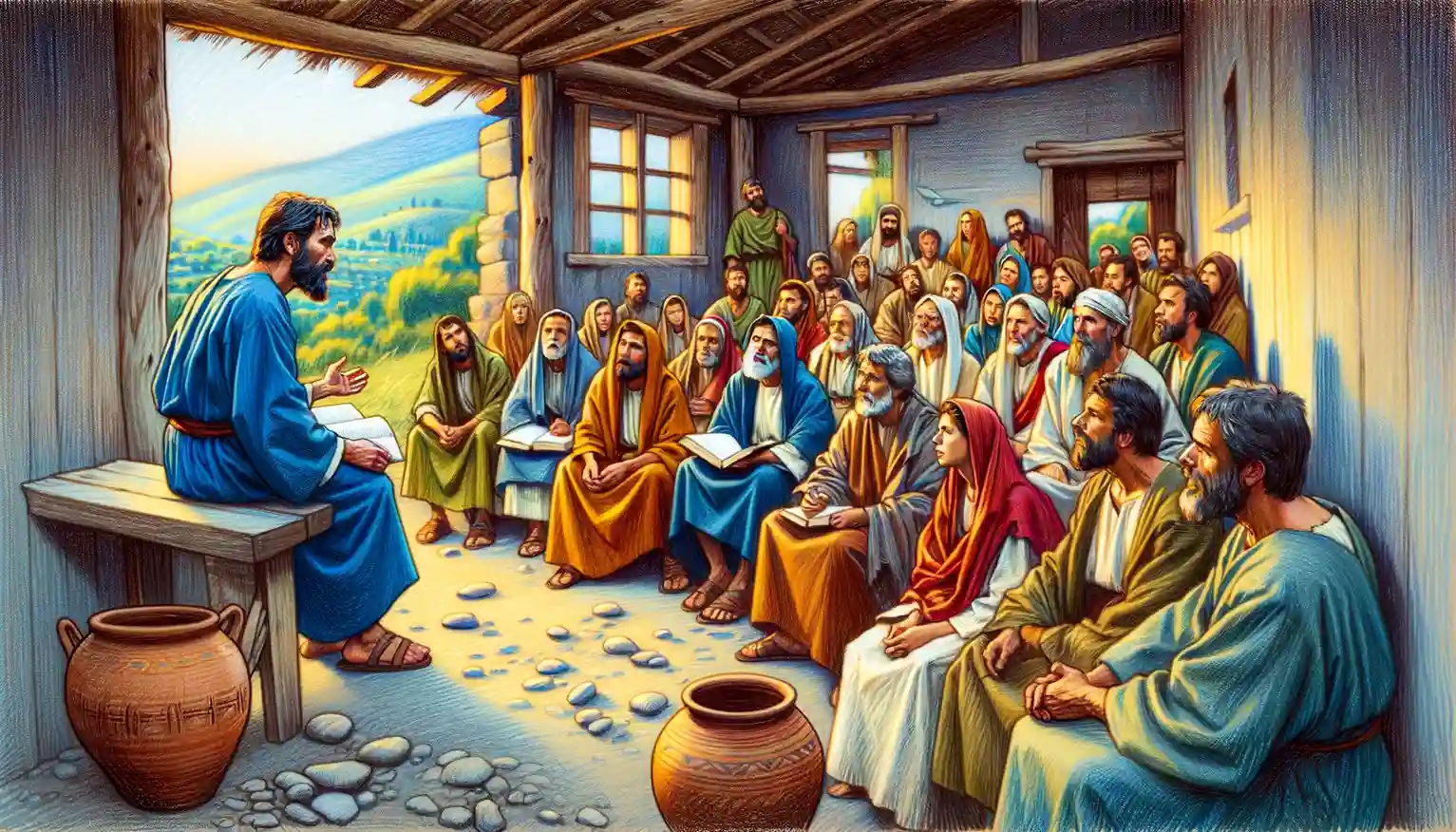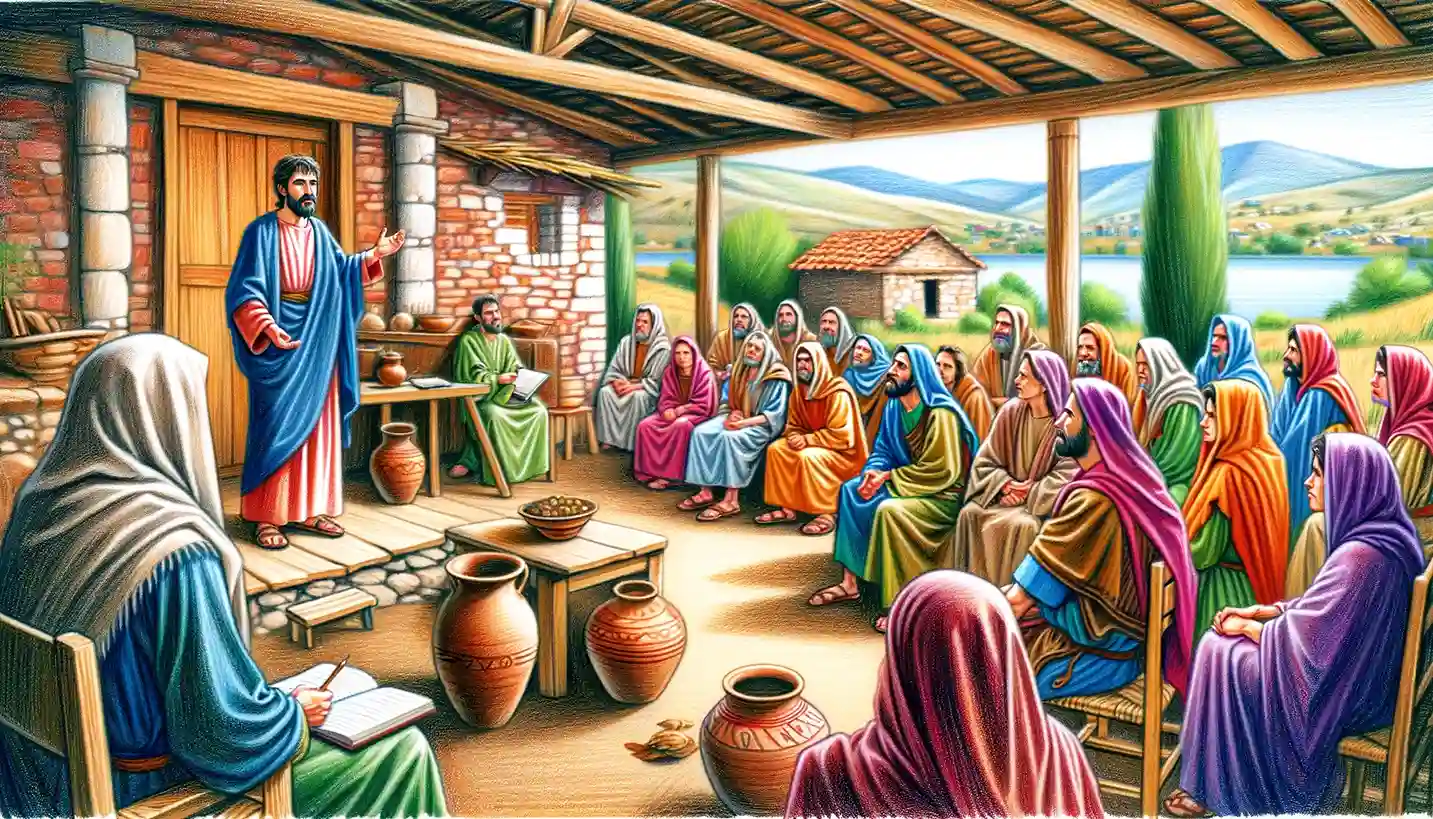Paul’s third missionary journey, accompanied by various disciples including Timothy and Luke, focused on strengthening and encouraging the early Christian communities he had previously established, as he traveled from Antioch through key locations such as Galatia, Phrygia, Ephesus, Macedonia, Greece, Troas, Miletus, and Jerusalem, preaching the Gospel, performing extraordinary miracles, facing opposition, and providing pastoral care, ultimately solidifying the foundation of the early church despite significant personal risk and challenges.
Thessalonica (now Thessaloniki) was an ancient city in Macedonia, northern Greece, significant in the New Testament for its early Christian community. Founded around 315 BC by King Cassander and named after his wife Thessalonike, it was a key harbor and trade center in the Roman Empire. During Paul’s second missionary journey around AD 50-51, he founded a Christian community there, as described in Acts 17. The city, a cultural hub with Greek, Roman, and Jewish populations, faced persecution, which Paul addressed in his Epistles of First and Second Thessalonians. Today, Thessaloniki is a major Greek city with rich archaeological sites.
Philippi, an ancient city in Macedonia, is historically significant as the site of the first Christian community in Europe, founded by Apostle Paul, and is celebrated for its profound biblical connections and rich archaeological heritage.
The Thessalonians, addressed in the New Testament through First and Second Thessalonians, were an early Christian community in Macedonia’s city of Thessalonica, facing persecution and doctrinal challenges while exhibiting remarkable faith and resilience under the apostolic guidance of Paul.
The Philippians Church, established by the Apostle Paul around AD 49-50 during his second missionary journey, was the first Christian congregation on European soil, located in the Roman colony of Philippi in Macedonia. This church is well-known for its themes of joy, unity, and generosity as outlined in the Epistle to the Philippians, one of Paul’s most personal letters, written while he was in prison. The Philippians Church, notable for its early converts like Lydia and a jailer, became a model of early Christian devotion and community through its embodiment of Christian virtues and its robust support of Paul’s missionary work.





